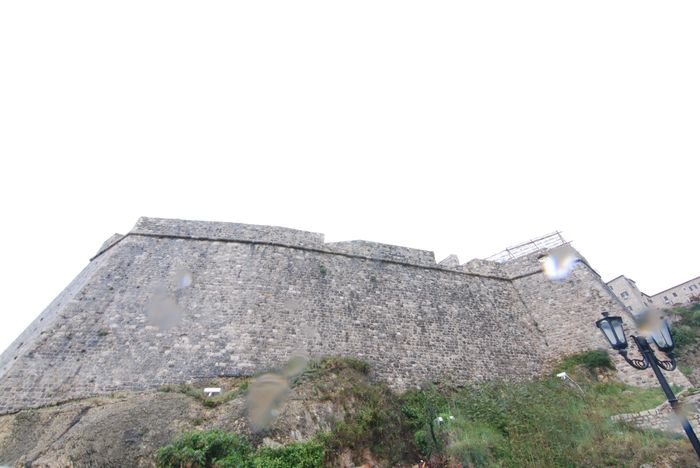He reminded the pope that, as he had already invited the Greek Church while in schism to take part in a council, he might now with greater effect preside over such an assembly. The day of salvation had arrived—the day which old men and Christians ought to celebrate; the day destined to see peace and union re-established. Other popes, for various reasons, had visited New Borne, why not he? Baldwin declared that the bishops, the abbots, and even the lower clergy had conducted themselves so honorably, so prudently, and so bravely that it was only right that they should receive their reward at the hands of the Lord. As for himself, who had been judged worthy to be elected emperor, he recommended the Doge of Venice and his allies, the Venetians, to the apostolic benevolence. Bald-win intimated that before embarking for the Holy Land he proposed to consolidate his dominion in the new empire and to introduce there the Latin rite.
Innocent was placed in a situation of some difficulty. The failure of the crusade caused him deep grief. The deviation of the expedition was in flagrant violation of his orders. But the city was captured. The great rival Church had been forcibly brought into union or subjection. A Catholic instead of an Orthodox emperor was seated upon the throne of the East. The schism, the obstinacy, the indifference of the Greeks had been punished. He had seen what so many of his predecessors had desired to see. Against the disobedience of the Crusaders were to be set off the advantages which might result from their conquest. The expedition had been crowned with success, and that success had so completely changed the situation that for a time Innocent was bewildered. His reply to the letter of Baldwin was at first in vague or general terms.
He “ rejoiced at the success of Baldwin’s arms.” He would take the empire of Baldwin under the protection of St. Peter, and he ordered all the Crusaders to help Baldwin by their counsels and their deeds. He promised that he would do his best to furnish the clergy who were asked for. He urged upon Baldwin that the only way to make sure of his dominion was to make the subjection of the Greek Church to the Holy See complete. On the principle of rendering unto Cjjesar that which is Caesar’s and unto God that which is his, he urged the new emperor to be careful to preserve all Church property. The union of the churches was evidently the one compensating fact which weighed against the disobedience of the Crusaders. Addressing the bishops and clergy in the expedition, he urged them to do their utmost to make the union complete. If they did this, there would soon be but one fold under one shepherd.

